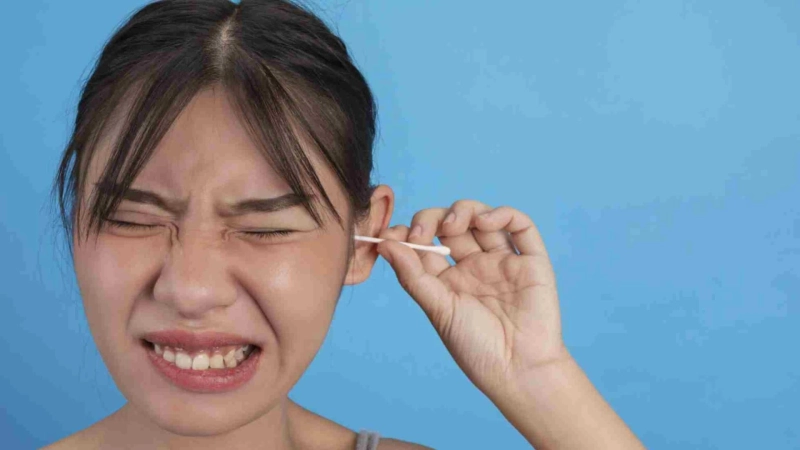A common issue, itching in the ears, can be brought on by a number of things, from something as simple as an accumulation of earwax to a more serious medical condition. In this post, we\'ll examine some of the most typical reasons of ear itching and go over potential remedies.
About Ear Itching
Many conditions can cause ear itching, including allergies, infections, wax buildup, and skin problems. It can be very unpleasant and interfere with daily tasks, including sleeping, paying attention, and communicating.
Additionally, more severe illnesses like eczema, psoriasis, or fungal infection can cause itching in the ears. If the itchiness doesn\'t go away or is coupled with additional symptoms like pain, discharge, or hearing loss, you should immediately see a doctor.
Depending on the underlying cause, ear itching may respond differently to a treatment. Anti-itch lotions and over-the-counter ear drops can help with moderate itching brought on by allergies or wax buildup. Prescription drugs or topical therapies might be required in more severe circumstances.
Never insert something into the ear canal, such as cotton swabs or fingers, since this can worsen the itching and even injure or infect the ear. Instead, it is advised to consult a doctor for the best course of action.
Treatments For Ear Itching
Itching in the ears can be an annoying and unpleasant ailment. Ear itching can have a variety of causes, including ear infections, allergies, dermatitis, an excessive buildup of earwax, and specific skin disorders. The underlying reason of your ear itching will determine your treatment options, but in general, try these:
- Keep your ears clean by gently wiping the outside of your ears with a clean, wet cloth. Avoid cleaning your ears with cotton swabs or other things as this might push earwax deeper into the ear canal and increase itching.
- Use over-the-counter (OTC) ear drops to reduce itching. There are various OTC ear drops that can do this. To find antihistamine drops, look for diphenhydramine or hydrocortisone. These can aid in reducing itchiness and irritation.
Treat any underlying conditions if they exist: If an infection, allergy, or skin disease is the source of your ear itching, you may need to address the underlying issue. To prevent triggers, this may entail taking prescription medicine or altering one\'s lifestyle.
- Avoid scratching your ears because doing so can infect them and make the itching worse. Avoid the impulse to scratch, and if you must, gently rub the area with a clean cloth or tissue.
- Consult a physician: You should visit a physician if your ear itching persists or is accompanied by additional symptoms including discomfort, discharge, or hearing loss. They are able to identify the underlying reason for your itching and suggest the best course of action.
Take Advice
A number of things, including earwax buildup, infections, and skin disorders, can make your ears itch. Treatment options will vary on the underlying reason, but preventative steps like cleaning your ears, avoiding triggers, and consulting a doctor can help you feel better. Keep in mind that your ear is a sensitive area of your body, so it\'s crucial to take good care of it and seek medical help if the itching continues or is accompanied by other symptoms.



